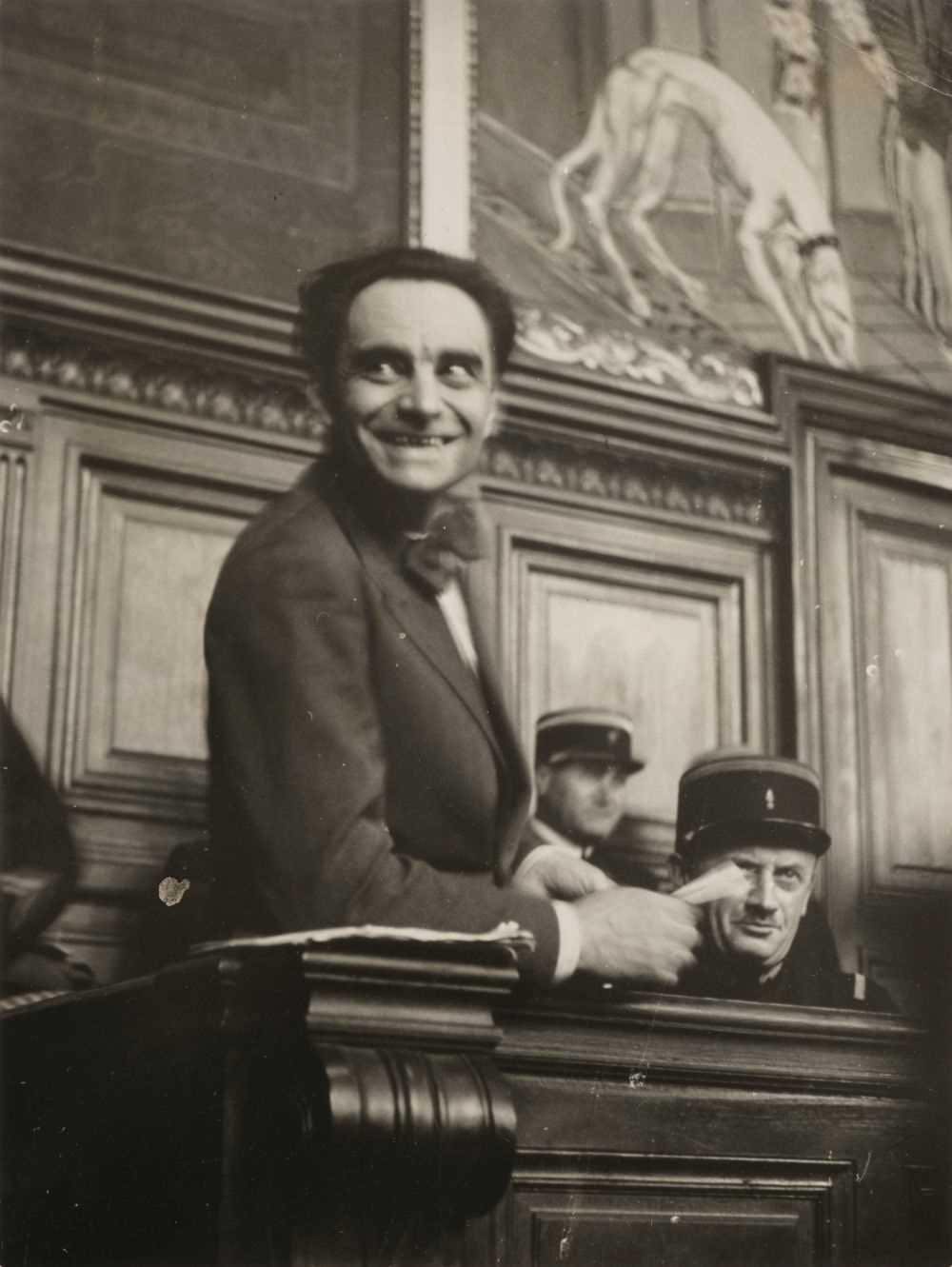Heath Ledger’s Joker. When Heath Ledger stepped into the role of the Joker in Christopher Nolan’s The Dark Knight (2008), few could have predicted the cultural impact his performance would have. What he delivered wasn’t just a villain—it was a haunting psychological masterpiece that blurred the line between chaos and charisma. Ledger’s Joker wasn’t just a madman in clown makeup; he was a force of nature, unpredictable and unnervingly intelligent.
To embody the Joker, Ledger went to chilling lengths. He isolated himself in a hotel room for over a month, immersing himself in the mind of Gotham’s most terrifying villain. He kept a personal diary, scribbled with twisted thoughts, chaotic sketches, and disturbing quotes in the Joker’s voice. He experimented relentlessly with vocal tones and mannerisms until he crafted that iconic, nerve-wracking laugh—one that still echoes in pop culture today.
His commitment paid off with a performance that was magnetic and terrifying. Ledger’s Joker wasn’t just evil; he was philosophical, constantly challenging Batman and society’s moral codes. His twisted ideology, masked behind anarchic jokes and deadly pranks, made the audience uncomfortable—but captivated.
Tragically, Ledger passed away just months before The Dark Knight was released. His death only deepened the mythos of his Joker. In 2009, he was awarded a posthumous Academy Award for Best Supporting Actor—an honor that recognized not just his performance, but his total transformation.
More than a decade later, no portrayal of the Joker has come close to Ledger’s legacy. He didn’t just play a character—he reinvented what it meant to be a villain on screen. For many, Heath Ledger’s Joker remains untouchable, a benchmark of acting brilliance that may never be surpassed. Heath Ledger’s Joker


